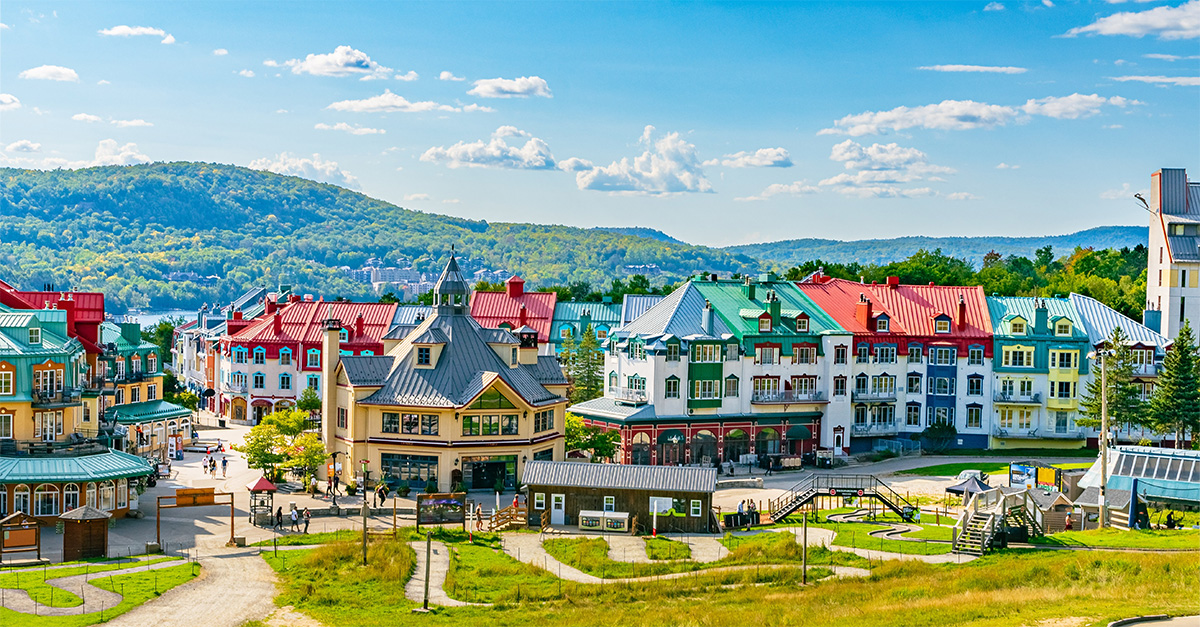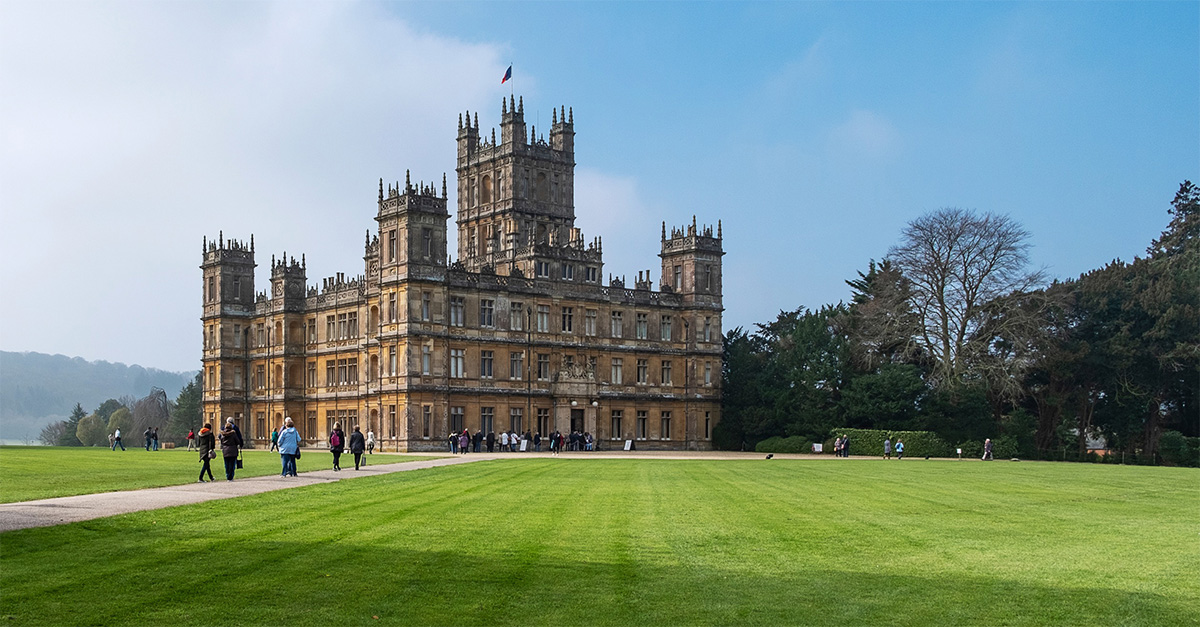Sarah Longbottom talks to Eurostar chief executive Richard Brown about executive travel, carbon offsetting and development in Europe – as well as the all-new St Pancras
How will the new stations at St Pancras and Ebbsfleet benefit travellers from the UK?
St Pancras International is a much more accessible station, with six underground lines and on the right side of central London. It’s only 12 minutes in a taxi from Waterloo. St Pancras is an old, beautifully restored station and for British people, it’s something to be proud of.
Ebbsfleet International is two miles from the M25, down the road from the Bluewater shopping centre and with a catchment area of about 10 million people. In 2009 a commuter train will launch from Ebbsfleet. It is a good station for those who want to drive [to the station].
What proportion of your bookings are made via the trade and how do you support the industry?
Around 26% of our sales come through the trade. We have been working hard not to favour one booking channel over another.
We have account managers who spend a lot of time communicating with travel agents and tour operators, explaining the product, understanding their opportunities and working with them.
Business travellers tend to book through an agency and [at the end of January] we began a trial to sell Eurostar on global distribution systems. Before, agents had to switch out of the GDS they used and move on to our Elgar system, so our prices weren’t on the same screen as the flights.
What proportion of business travel do you sell compared with leisure?
Generally, we sell one-third business travel – it is growing faster than leisure and most traditional travel agents and travel management companies are booking business travel. Most leisure travel is booked through our website or call centre, or through tour operators.
A big part of our business is weekend breaks, for example through tour operators. We offer a tariff for packages.
You recently signed a deal with Expedia to make your booking engine available on its site. What uptake of business do you anticipate as a result of this move?
It won’t be huge – some business will be a switch from another channel. There is a growing number of travel portals and we need to make sure customers can buy our tickets through their portals, so we don’t miss out.
We try to be inclusive of all channels and have adapted our systems to allow us to sell on any portal.
How are you developing your product throughout Europe?
Last year we formally signed up to a partnership with seven other rail operators in Europe – each of which has a subset of routes – to form the Rail Team.
We want a seamless network so we have made an investment of €20 million to write the software and incorporate fares and reservations into one inventory. The project began in December and is set for launch in the summer of 2009.
We’ve selected Brussels, Lille, Cologne and Frankfurt as the first hubs to concentrate on. We’ll put in signage showing how to find the next train and give information on board – two or three times, to reassure passengers and be more helpful to passengers in a foreign country.
We’ll make sure key facilities to other partners’ key customers are available, via a frequent traveller card, and we’ll have one website. We’ll have through fares, for example from York to Paris.
We are also in preliminary discussions with Spain and Italy, which are the only other European countries with high-speed train services [in addition to those in
Rail Team].
What impact is your Tread Lightly campaign having?
More and more people are viewing climate change as important, particularly in the business travel market.
The majority of companies are concerned with reducing their carbon footprint in accordance with corporate social responsibility policies. One of the simplest things [they can do] is switch business travel from air to train.
We are seeing business travellers switch daily and we also think we’re seeing a switch in the leisure market – they are switching from taking a long-haul flight to travelling short haul by rail.
Tread Lightly is growing in importance and impact, and it has struck a chord with passengers.
Profile: Richard Brown
Status: Married with three grown-up children.
Education: Studied at Cambridge, University College London and Harvard University.
Honours: Was awarded a CBE in the Queen’s Birthday Honours, June 2007.
Employment history
2002: Became chief executive of Eurostar in August .
1996: Chief executive of trains at National Express Group.
1977: Joined British Rail.




